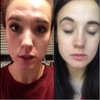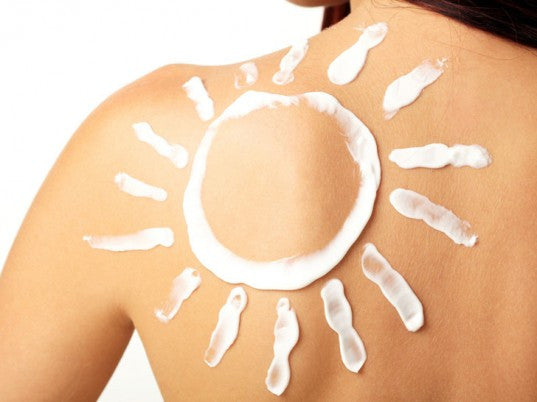Everyone may not need SPF 45 sunscreen, but find out what you should do this summer to protect your skin
Myth: Dark skin doesn't burn, so you don't need sunscreen
Reality: "All complexions can burn," says Karyn Grossman, M.D., a dermatologist in Santa Monica and New York City. "A dark-skinned African-American doesn't need as high an SPF sunblock as someone with red hair, since she has more melanin in her skin for natural protection." Still, that extra melanin doesn't guard against the UV damage that accelerates ageing or causes cancer (Find out the other causes of skin cancer). If you have dark skin, you need a broad-spectrum sunscreen with an SPF of 15 or higher.
Myth: The sun gives you great highlights
Reality: "Sun exposure damages your hair too," says Katie Rodan, M.D., of Stanford University. In fact, those hair highlights are evidence of damage that can give your mane a dry, straw-like texture and cause breakage. Keep your hair healthy by using UV-shielding products.
Myth: Getting a tan zaps zits
Reality: A tan can temporarily camouflage the redness of a pimple and dry out the skin's surface, but sun exposure will eventually lead to more breakouts. "It causes a buildup of dead skin cells that creates clogged pores," Rodan says. "This actually worsens acne." The sun also dehydrates the skin; when that happens, your oil glands try to compensate by pumping out more oil, which may leave you with more zits.
We recommend Keeva's Tea Tree Oil Acne Cream to zap zits and it actually hydrates your skin!
Myth: There's no benefit to an SPF higher than 30
Reality: A higher number is slightly better. "You get 99 percent sunburn protection with SPF 90, versus 96 percent with SPF 30," says Howard Sobel, M.D., of Lenox Hill Hospital in New York City. Over a lifetime, a few more percentage points of protection can add up to a lot less sun damage.








 Verified Purchase
Verified Purchase


